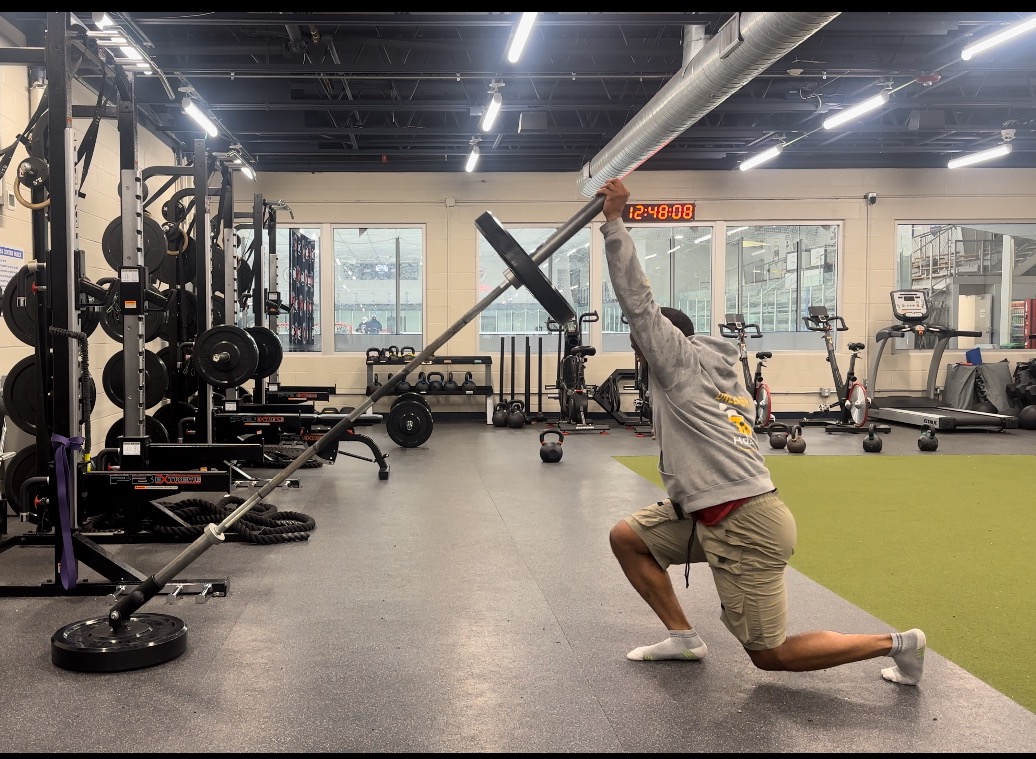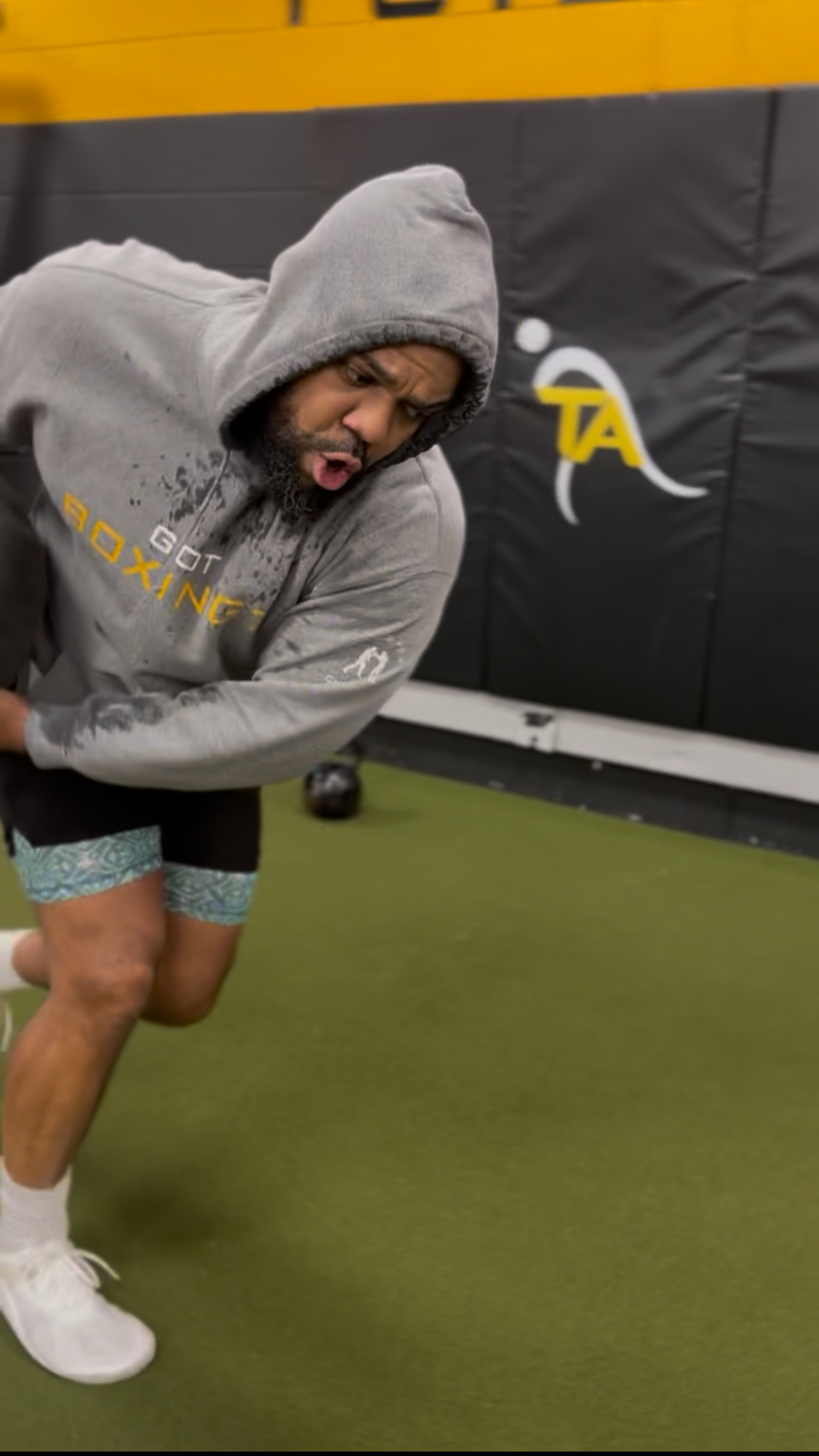Seasonal Affective Disorder (SAD), also known as “Seasonal Depression” or the “Winter Blues,” affects millions worldwide. Many people feel the symptoms without even realizing it. Although often linked to winter, SAD can also occur during the summer. This mood disorder is characterized by recurring depression that typically coincides with specific seasons each year. SAD is most prevalent in regions with limited sunlight, affecting northern states more frequently.
Common Symptoms of Seasonal Depression in Athletes
Seasonal Depression can manifest through various symptoms, including anxiety, feelings of loneliness, mood swings, excessive sleep, or even insomnia. Some individuals may feel more agitated or isolated, while others experience changes in appetite. As trainers and health advocates, it’s essential to recognize these symptoms and offer support. Symptoms can vary depending on whether it’s winter or summer SAD, so awareness is key in helping clients and ourselves combat these effects.
Effective Ways to Combat Seasonal Depression
When it comes to SAD, there are practical strategies that can help. Here are some proven methods:
- Boost Your Vitamin D Levels: A major factor behind SAD is Vitamin D deficiency. Since sunlight is a primary source of Vitamin D, the darker winter months often lead to lower levels, impacting serotonin and melatonin production—two hormones crucial for regulating mood and sleep. Light therapy is a popular solution: sitting in front of a 10,000-lux light for 30–40 minutes daily can effectively increase Vitamin D and stabilize your mood.
- Consider Therapy: Therapy—whether in-person or online—is widely recommended for managing Seasonal Depression. Speaking with a mental health professional can offer essential coping tools and support, making it easier to manage symptoms during challenging times.
- Exercise Regularly: Exercise is one of the most powerful ways to combat depression, especially for athletes. Research has shown that aerobic fitness can significantly reduce depressive symptoms by increasing endorphin levels, the body’s natural “feel-good” chemicals. Even 10 minutes of daily exercise can improve brain function, reduce negative emotions, and enhance overall well-being.
- Prioritize Sleep and Recovery: Ensure you’re getting quality sleep to support mental health and physical performance. Aim for a consistent sleep routine, as lack of rest can worsen depressive symptoms. Quality sleep also helps optimize athletic recovery.
Remember, Mental Health is Part of Your Fitness Journey
Depression impacts people differently; for some, it’s a constant challenge, while for others, it may come and go. As trainers and athletes, our role isn’t to diagnose but to support those we work with and encourage self-care. Seasonal Depression is real, and it doesn’t discriminate—it can affect anyone. Some people find relief through medication, while others use a combination of therapy, lifestyle adjustments, and self-care.
Don’t hesitate to reach out for help if you need it. Addressing mental health is just as crucial as training your body. Let’s work together to prioritize well-being and be the best versions of ourselves, all year round.
Written By:
Darrid Watson, CSCS, NSCA-CPT
Take action… Now!
Voorhees Flyers Training center. The Hollydell ice arena, in the main building. Ice land hockey rink



